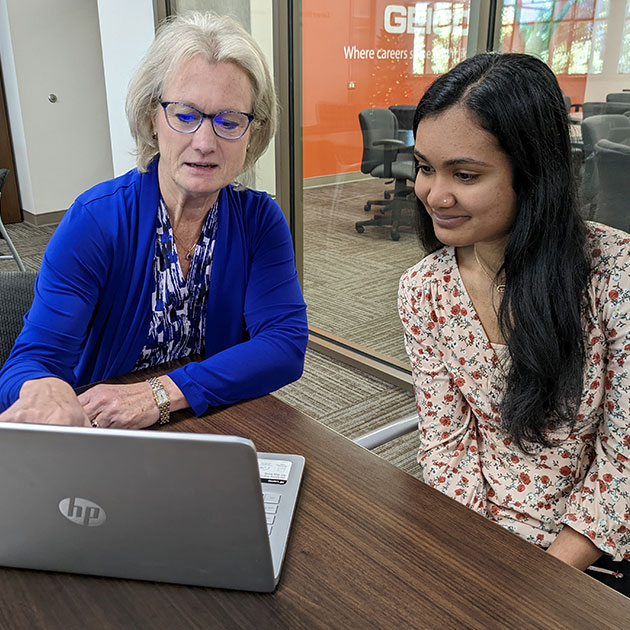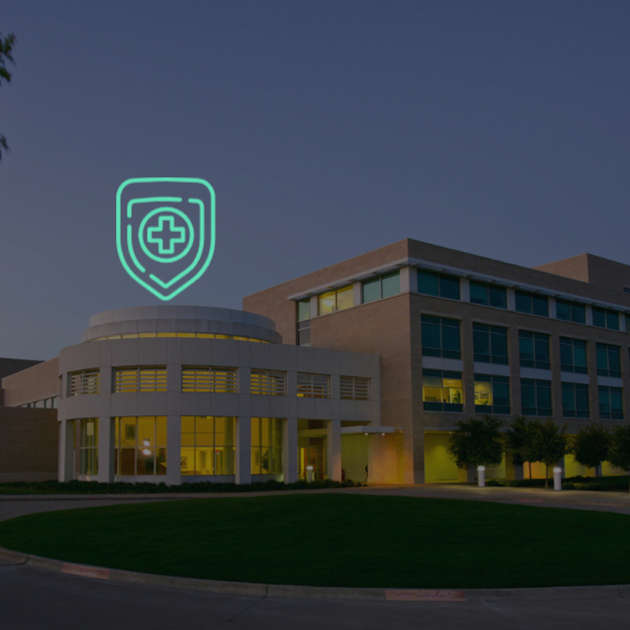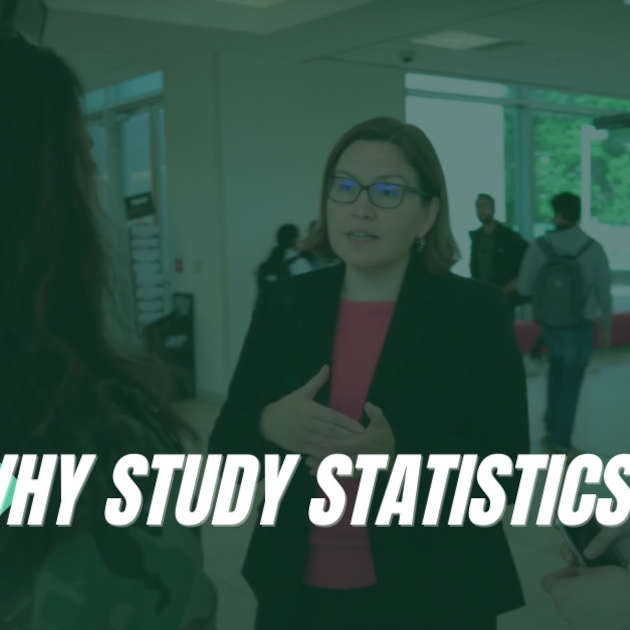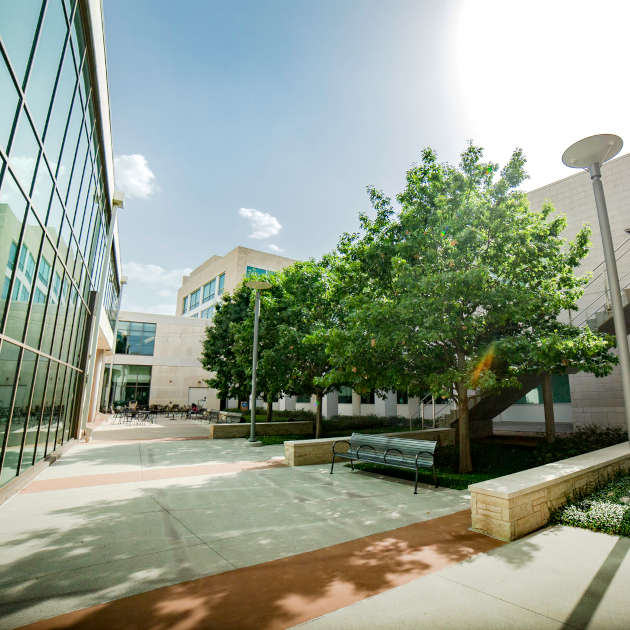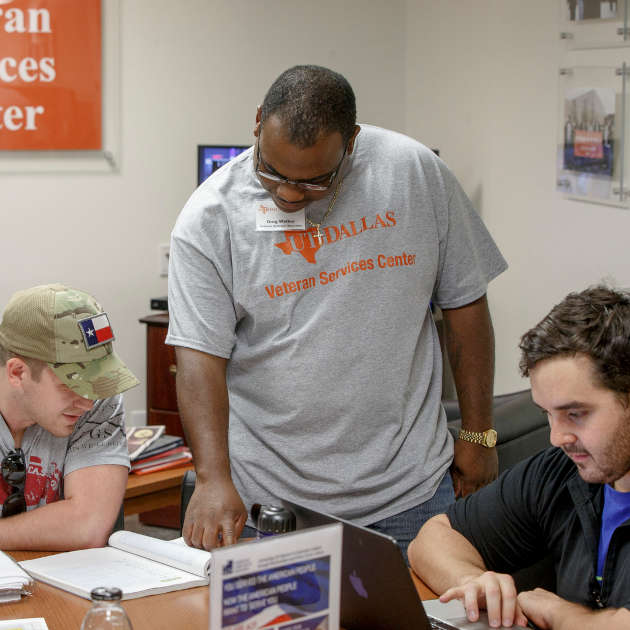Contents
It was the first panel discussion I ever attended. A decent dress and light makeup are what I usually wear for an event where any job opportunity may be hidden like discovering hidden words in a crossword puzzle. I made some notes, asked a few questions, had some conversations with the panelists, handed over a few resumes and, of course, didn’t miss the free cookies and beverages. The next day, I received a phone call from the HR department of Lennox, offering me a phone interview for a marketing intern position. The first day of spring break I spoke with the hiring manager over the phone for about 15 minutes, and two days later I got the offer. Fingers snapped; girl, you got a job, and it pays!
For a while, I couldn’t shake the feeling that I was just lucky to get a great internship opportunity long before summer starts. It seems quite easy, doesn’t it? I have to admit that I was very lucky, but what has gotten me there is more than just luck. Then I tried to justify that success didn’t come from luck but endeavor. It’s all about how much you want it.
Let’s step back to the very beginning. I believe that we all know the importance of first impressions. Most of the time, it’s your appearance that makes your first impression to others. I am not going to list all the reasons to get your appearance in order or why you should dress well; Google has those reasons. Based on my previous professional experiences, there are two reasons that I think are the most important. A good appearance gives you confidence, and it shows your attitude.
Now let’s get to the next part: taking notes and asking questions. I am definitely not the asking profound-and-worth-hours-of-discussion-type-of-question student. But I have learned how to ask good questions that are worthy of attention. Usually, in a panel discussion, there will be professionals from various backgrounds and experiences, and each of them has different or similar but definitely not-exactly-the-same opinions. It is impossible to remember them all just in your mind — well, at least it is impossible for me, especially since English is not my first language. Taking notes shows your respect, and that respect will be reflected later when you ask questions that relate to that person or to his experiences and opinions. This approach also builds others’ favorable impressions of you.
If you do know how to ask good questions, that’s great; but I have another tip for you: Ask the first question. Why? Because it will make you more impressive. The Serial Position Effect describes the tendency of a person to recall the first and last items in a series best, and the middle items worst. If you are not sure if you would be the last person to ask questions, then be the first one. Besides, you may never get a chance to raise your hand at all if all your questions have already been asked by others. Trust me, you will feel more confident than you already are when you are the first one to hear “Great question!”
During the first month of my life in the United States, I have been told many times how networking is important. I had no problem starting a conversation or meeting new friends before I came here. Yet, breaking the ice, introducing yourself to someone you meet is not considered successful networking. Along with all the networking efforts that I’ve made, from inviting people on LinkedIn for a short conversation to attending a beneficial networking event, I am going to give you some suggestions based on my own experience.
Cultivate Your Message When Connecting With People on LinkedIn
When you find a person that you may be interested to connect with, do some research first. This research should not be limited to that person alone but also to his/her network. You may be surprised to see that sometimes a person’s network might be worth more exploration. Find connections with the people in that network. Connections can stem from similar backgrounds, experiences or career paths, or even the same interests or hobbies. Those connections can help you cultivate your invitation messages as well as suggest topics for conversations when you meet these new contacts in person.
In Casual Settings, Let People Get to Know You More
When you have successfully invited people out for coffee or a short conversation, don’t forget to sell yourself. Admit it, networking is not an interview, you don’t need to show off all your skills and accomplishments. Before people agree to have coffee with you, they likely already have read your LinkedIn profile. A networking conversation should be more casual yet informative about your characteristics and potential. Talk about your experience in a way that people can see what kind of person you are. For example, as an international student, I would talk about how I ended up in the United States and what difficulties I have been through to make it happen. People will perceive me as motivated, determined and open to challenges after hearing my stories. Remember to sell your personality more than your skills first so that people will remember what’s unique about you. After all, there are tons of people who may have the same skills as you do, or even better skills than you do.
At Professional Events, Bring Connections to the Conversation
It is tricky to make yourself memorable to others. It’s not always about how smart you are or how passionate you are about the company you are willing to work for. I bet you all realize that there are too many similar conversations for the person you are building a network with to remember who is “who”?
During the free networking session after the panel discussion, I went up to the VP of marketing of Lennox Commercial trying to make a memorable impression in a short conversation. I started to recall the dots of my past experiences that may connect me with Lennox, or more specifically, with Lennox Commercial. This is what my brain looked like during the five seconds I walked toward that VP:
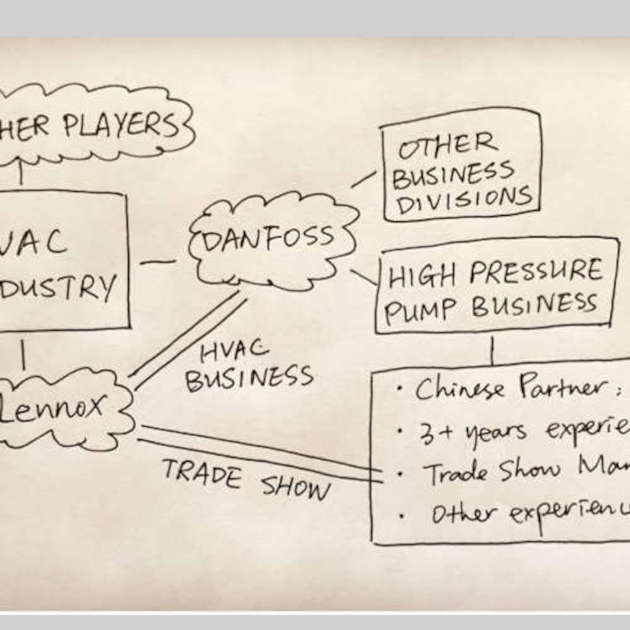
You see, my experience may be very similar to others. However, the connection between me and Danfoss and the connection between Danfoss and Lennox are the ones that made me stand out and memorable to others. I am sure I was remembered as the “Danfoss” girl who had trade-show experience instead of as the girl who had trade-show experience. You can tell the difference.
Prepare Your Resume As Early As Possible
Attend all the resume critique workshops offered by the Career Management Center in your FIRST semester, before mid-term if you can. Trust me, it will be the only period that you are not buried by homework, assignments or projects. And the earlier you understand how to revise your resume, the more effective you get when it’s time for you to send out resumes. You will be saving tons of time for job searching and preparing while other people are still attending those workshops to just get the format corrected.
Another advantage is that you can send out revised resumes to experienced people for suggestions early so that you will have enough time to incorporate their comments and make changes. This will be a huge plus for you to get as many reviews as possible from professors, industry professionals or even your successful peers.
How much you want it determines how much effort you are willing to make, subconsciously. We’ll take one of the steps from the consumer-decision-process model as an example. After need recognition, you are in the stage of information search. Imagine that if you very much want the product, you will be more receptive and pay more attention to any information related to that product. Likewise, when you realize how much you want it — such as how much you want to get a job in the U.S. — subconsciously, you are doing everything you can to educate yourself, equip yourself and encourage yourself to reach your goal. It is true that opportunities come to people who are prepared. How well you are prepared comes from how much you want it.

